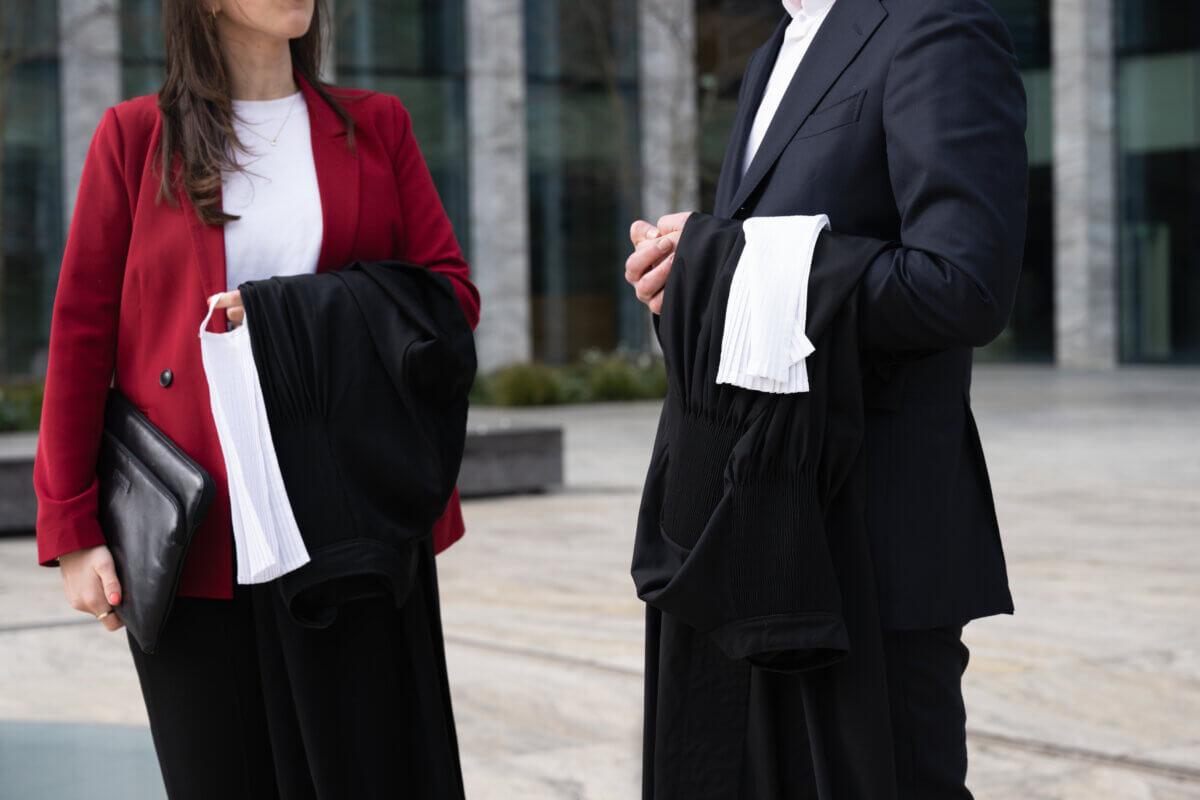The COVID-19 outbreak: options for Dutch companies to restructure their debts
As the COVID-19 outbreak further develops as a global health crisis, it is also having a profound economic impact on our economy. Global trade has slowed down considerably, and many businesses are affected (due to mandatory shutdowns, supply chain disruptions, cash flow issues etc.). Although all sectors are affected, some industries (e.g. (air) transport and hospitality) are being hit particularly hard.
Despite the far-reaching measures that are currently being taken by the Dutch and other governments, various international institutions (such as the ECB and IMF) and Dutch and foreign banks, it is expected that the fallout of the COVID-19 outbreak will lead to serious financial difficulties for a variety of businesses. Consequently, companies will look for ways to cut costs, but ultimately may have to restructure their debts in an attempt to continue their business.
Restructuring outside of insolvency proceedings
Currently a Dutch restructuring outside of insolvency proceedings can only be accomplished on a consensual basis. This means that a restructuring plan requires the consent of all affected creditors; every creditor can frustrate the process by refusing to accept the plan. Forcing a dissenting creditor into a restructuring is nearly impossible. On the other hand, a creditor facing a debtor in financial distress cannot force it to restructure, other than by filing for its bankruptcy.
A court confirmation of a restructuring plan is available but can, at this point in time, only be obtained through formal insolvency proceedings. Such a plan can only be initiated by the debtor, not by its creditors, and does not include secured creditors and shareholders. Currently, Dutch law provides for two types of insolvency proceedings: suspension of payments and bankruptcy.
Suspension of payments
Suspension of payments proceedings provides for a temporary relief against the ordinary creditors of the debtor. The goal of a suspension of payments is the reorganization and continuation (in whole or in part) of viable parts of the company’s business by offering a composition (restructuring plan) to its creditors.
Only the debtor itself may file for suspension of payments. During the suspension of payments, the business of a company is managed by the management as usual, but for acts binding/impacting the estate, the cooperation of the administrator. However, as, apart from a short cooling-off period, a suspension of payments does not extend to preferential creditors (wages and taxes) and secured creditors, a suspension of payment has proved to be a less successful tool to restructure debts: almost all cases are converted into a bankruptcy.
Bankruptcy
Bankruptcy is a liquidation proceeding aimed at liquidating the assets of the bankrupt company and distributing the proceeds thereof to the creditors. It is possible to file for bankruptcy when a debtor is “in the state that it has ceased paying its debts” and there are at least two creditors, one of which has a due and payable claim that remains unpaid. Both the debtor itself as well as creditors may file.
During bankruptcy the trustee is in charge of the administration and liquidation of the bankrupt estate. Preferred and ordinary creditors are not entitled to enforce their claims. Secured creditors can enforce their security, although a cooling-off period may apply. Although bankruptcy is a liquidation proceeding, bankruptcy can be used as a restructuring tool, including for a (pre-packaged) sale and relaunch out of bankruptcy of the business. However, bankruptcy often destroys value and may not be suitable for solving problems resulting from the coronavirus outbreak.
A new restructuring tool on the horizon
The available options to successfully restructure financially distressed businesses are about to improve substantially. The Dutch House of Representatives unanimously approved the Dutch Act on the Confirmation of Private Plans (in short: the “WHOA”) on 26 May 2020. The Dutch WHOA scheme provides an instrument to Dutch and foreign debtors to efficiently restructure their debts through a compulsory composition with its creditors and shareholders outside of formal insolvency proceedings. The WHOA is inspired on the UK Scheme and US Chapter 11, albeit much lighter on formalities and with much less involvement of the court. As such, the WHOA provides for a fast and flexible restructuring procedure at relatively low costs (much lower than the costs of its US and UK counterparts).
Due to its broad range of jurisdiction and easy access, the Dutch WHOA scheme also provides an interesting option for cross-border restructurings. The debtor-in-possession procedure can be a swift, final and effective one (including a cross-class cram down), with effective measures to guarantee deal certainty and protection of the restructuring scheme put in place (e.g. and protection of security for restructuring financing, no invoking of ipso facto rights, a cooling-off period for enforcement by creditors and a stay on requests for insolvency proceedings). During the process, creditors’ rights are protected in a balanced way (absolute priority rule with reasonableness exception).
The WHOA scheme provides for a lot of flexibility: there is no prescribed form and no specific requirements apply with respect to the contents of a plan. A WHOA scheme can bind all creditors, including secured and preferential creditors, as well as shareholders. The debtor is in principle free to include or exclude certain groups or individual creditors/shareholders. A restructuring plan could for example include an amendment on or haircut with respect to (payment) obligations, a debt-for-equity swap (no shareholder approval required), an amendment or termination of onerous contracts and changes to obligations of other group companies.
Before the COVID-19 outbreak expectation was that the WHOA would be implemented end of 2020. The current crisis has prompted insolvency lawyers, practitioners, academics and market parties alike to put maximum pressure on Parliament to adopt and implement the WHOA scheme as soon as possible. It is expected that the Dutch Senate will consider this act with priority with a view to entry into force this summer or shortly thereafter. It may therefore be that this scheme come into effect at short notice. Van Doorne is following these developments closely. If you are interested in learning more about the main features of the Dutch scheme, please click here.
Opportunities
The COVID-19 outbreak and the financial difficulties caused by it could also lead to opportunities in the market. As various business will experience liquidity or solvency issues, there will be possibilities for new investors that have an appetite to invest in distressed companies. Furthermore, it could be useful to look out for recovery possibilities and potential acquisitions (either outside or through insolvency proceedings).
Should you have any questions about this subject, then please contact Stefan van Rossum and/or Joost Volkers.





